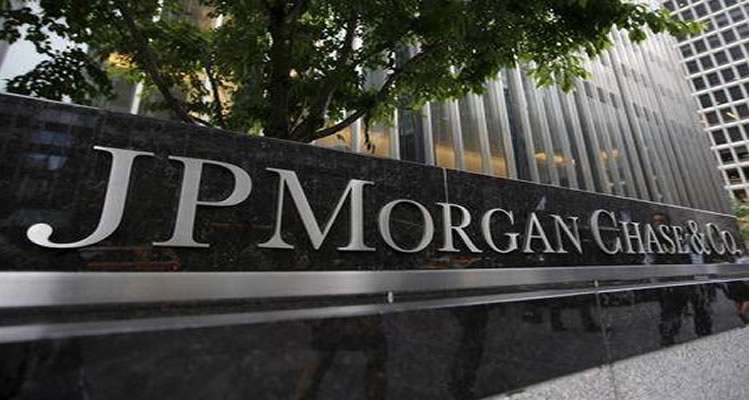Barely two weeks after Nigeria was removed from the JPMorgan bond index,
analysts predict that the country faces further reduced credit ratings
in another two weeks.
Standard & Poor’s is expected to release a review of its assessment on
September 18. It currently rates Nigeria at four levels below investment
grade at B+ with a stable outlook. Fitch Ratings, which currently has
Nigeria at BB-, with a negative outlook, is also expected to release a
review of its rating by September 25. Both reviews are expected to be
negative.
“There’s a very high risk of a downgrade,” Jan Dehn, head of research at
Ashmore Group Plc, which sold all of its Nigerian Eurobonds and naira
debt over the past year, told Bloomberg. “At the moment, I’m pretty far
away from even considering buying anything Nigeria. It’s a deteriorating
credit.”
“Fitch is the one people will be watching most closely,” Alan Cameron,
an economist at Exotix Partners LLP in London, said. “The oil price has
been low for a long time and people assume that’s at least a
semi-permanent state of affairs, which will have a very significant
impact on fiscal and external projections. It is difficult to argue that
Nigeria should not be downgraded at this point.”
Financial analysts predict that these developments would result in even
further capital flight and severely affect economic growth. Nigeria is
currently battling a weakened currency and dwindling oil sales due to
falling crude prices. Critics have also said that President Muhammadu
Buhari’s delay in announcing a cabinet is further compounding an
economic dilemma.
Economist and lecturer at the University of Abuja, Dr. Ben Obi, said
last week that the slow pace of the new administration to tackle the
headwinds facing Nigeria may further compound the country’s problems.
“I think it’s clear for all to see, the CPI is on the rise, revenue is
still shaky and very recently we saw poor GDP and job creation numbers
in the second quarter of the year,” he said. “When you take all these
and add trade shocks and global headwinds to it, we should be taking
urgent steps to curb the economy’s slump. The GDP numbers particularly
are a ten year low and it is unlikely that much will change for the
third or even the fourth quarter, if the nation continues at such a
pace.”
Daily Times



